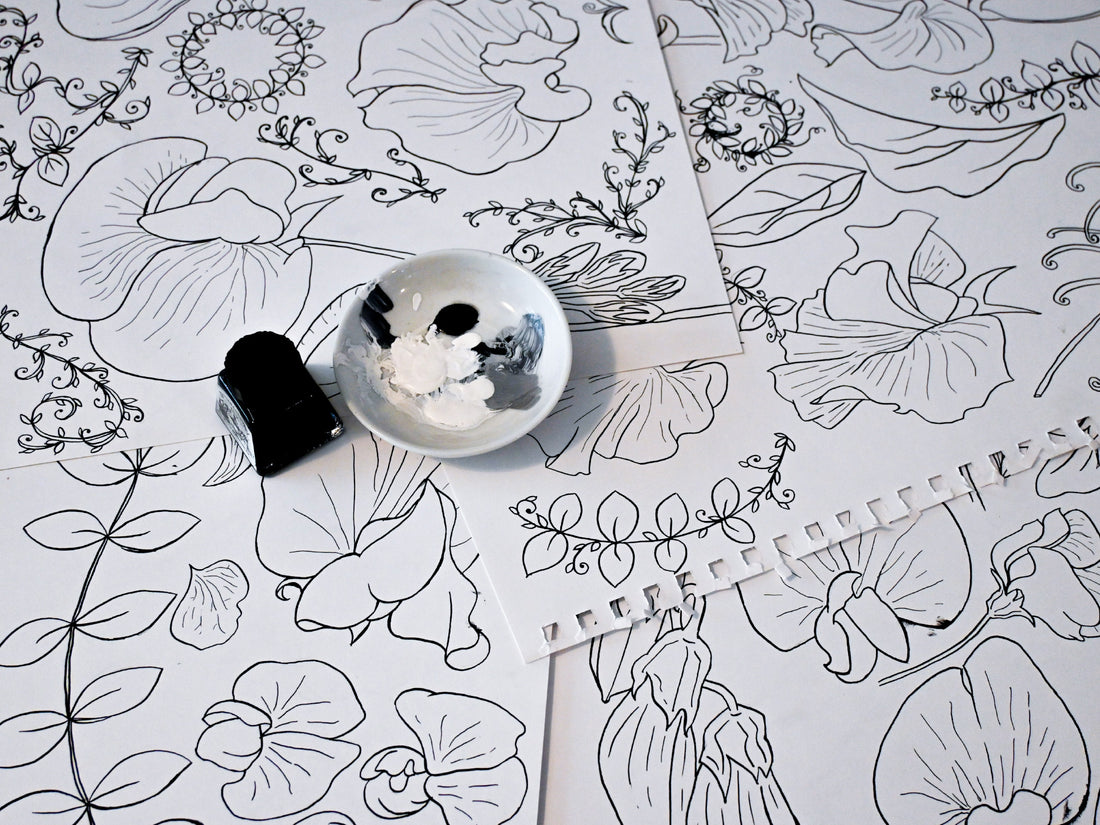In the journey of creative entrepreneurship, there’s a common thread that sets the successful apart—it's the habit of embracing the 80% rule. This principle is a staple among those who have managed to break away from the shackles of perfectionism, a trait that, while often seen as a virtue, can actually hinder progress and stifle creativity. The rule suggests that 80% completion is more beneficial than striving for flawless execution, a standard that is rarely attained. It’s about recognizing the importance of progress and momentum over the elusive pursuit of perfection.
Creative entrepreneurs often find themselves in a web of perfectionism, a hindrance that can be debilitating. In the realm of creativity, where personal expression is at the forefront, this can become a substantial barrier as many creators fall into the trap of believing their work must be flawless before it can see the light of day. However, this often leads to endless refining, constant second-guessing, and ultimately, creative paralysis. Yet, there’s freedom in acknowledging that something 80% done is more valuable than striving for flawlessness. This principle isn’t merely a compromise; it’s a strategy crucial for business growth.
For artists and creators, the material they develop is inherently personal, making perfection a tempting yet dangerous pursuit. Every artwork, product, or idea unveiled is a vulnerable glimpse into their identity. However, by presenting imperfect projects, there’s an invitation for the audience to join the creative journey. The transparency cultivates connection, allowing followers to witness the triumphs, as well as the stumbling blocks. It’s an opportunity for audiences to see the human side of creation, and understand that behind every polished piece is a process marked by trial and error.
The beauty lies in the rule's ability to foster innovation and adaptability. By not fixating on perfection, entrepreneurs remain open to feedback and can pivot when necessary—essential skills in the ever-evolving marketplace. Customers and audiences appreciate the authenticity and relatability of seeing work in progress. They feel part of the journey, fostering a loyal community eager to support and contribute to the evolution of an idea. Moreover, this approach instills a mindset of continuous improvement, where each iteration brings valuable insights. By sharing imperfect work, creators invite others into the process, opening themselves to constructive criticism and diverse perspectives that can enrich and refine their projects.
The relationship between creators and their audience is at the core of the 80% rule. By allowing others to witness the creative process, entrepreneurs cultivate a sense of community and shared purpose. This openness not only builds trust but also generates enthusiasm and loyalty among followers. Audiences who feel connected to the creative journey are more likely to support and promote the work, becoming active participants in its success. This dynamic relationship fosters a collaborative environment where ideas can be exchanged freely, leading to new possibilities and innovations. This shift in perspective empowers entrepreneurs to take risks, experiment, and push the boundaries of their creativity.
By letting go of the need for perfection, creative entrepreneurs can unlock a new mindset that celebrates progress, embraces imperfection, and prioritizes the journey over the destination. It’s about finding joy and fulfillment in the act of creation and sharing that joy with others. In a world that often values polished presentations and flawless outcomes, the 80% rule is a refreshing reminder of the power of authenticity and vulnerability.
So, as you embark on your creative endeavors, remember that perfection is not the goal. Instead, focus on progress, connection, and developing your ideas. Embrace the 80% rule and watch as your creative business flourishes, fueled by the energy of shared experiences and the limitless possibilities of collaboration. Let your work be a testament to the beauty of imperfection, and inspire others to embark on their own creative journeys with courage and confidence.

